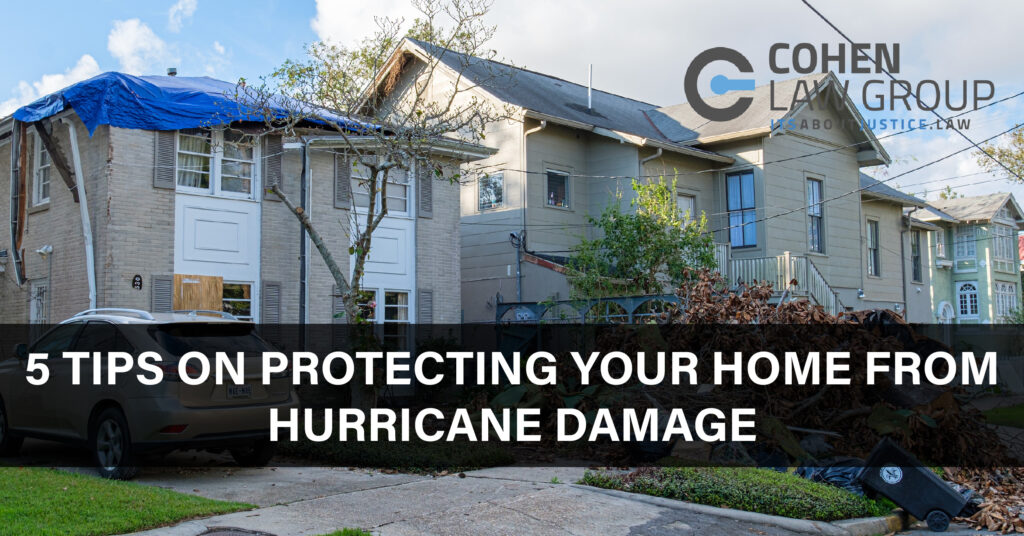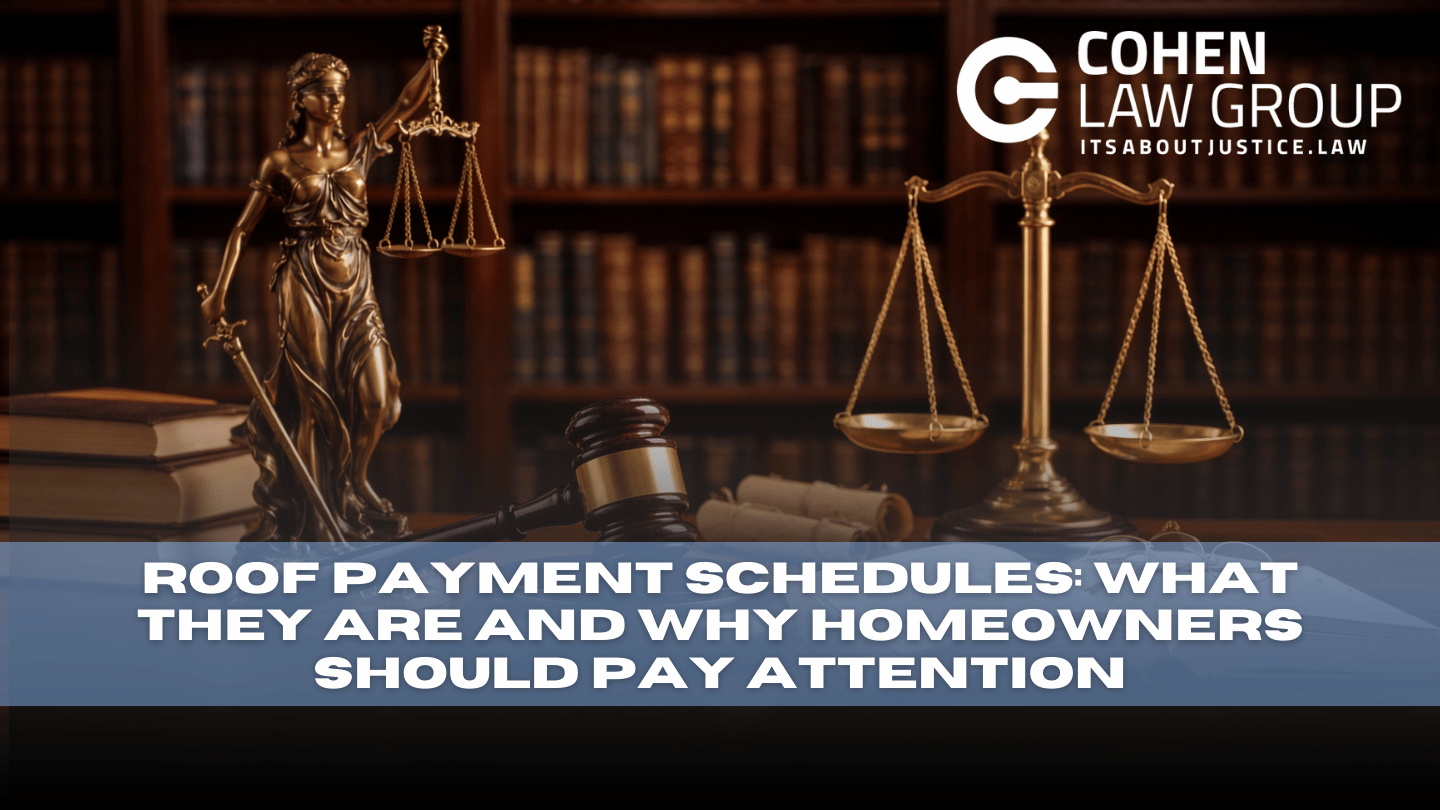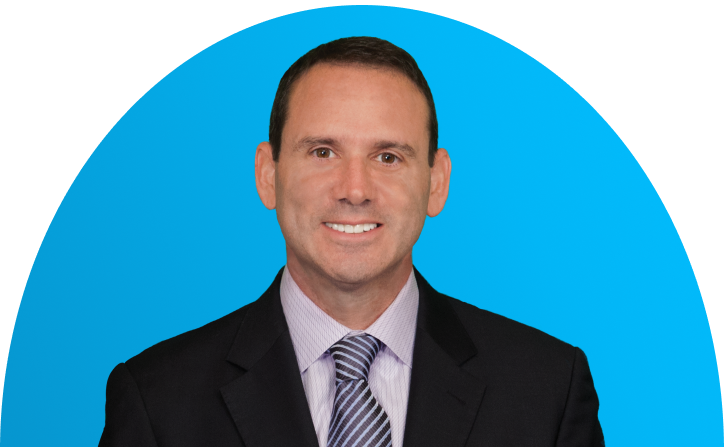It is that season again that we all dread. No, not tax season, hurricane. Thankfully we have been fortunate to have not been hit by a major hurricane since Irma but like all lucky streaks this could end at any time. With that being said, here are 5 ways you can protect your home from a hurricane.
1: Cover your windows.
Entry points to the home like doors and windows are the weakest points during a storm. Buying storm shutters or even upgrading your windows to hurricane grade is a great step to ensuring they do not break during a major storm. However if that is not a feasible option, a cheap alternative is to buy plywood and installing it over your windows.
2: Prevent flood damage
Most cities will have designated areas to get sandbags when a major storm is predicted to hit Florida. If you are in an area likely to get higher water experts recommend piling up sandbags 2 feet high as a barricade. Areas like your doors and garage are important to prevent water entering.
3: Secure outdoor objects
Patio furniture, children’s play sets, and workout equipment can become incredibly dangerous projectiles. Bring whatever you can inside and whatever you cannot bring in to your home, stake it to the ground or tie it down. If you have a pool, putting the furniture in the pool is an effective way of preventing airborne debris.
4: Buy power surge protectors
Electronics are expensive and a single lighting strike could fry all of them in your home. One of the easiest ways to protect from this is buying a surge protector. If you do not have one or cannot afford one, unplug your devices during the peak of the storm.
5: Document your home before the storm
Have a good accounting of what is in your home is important when making an insurance claim. The best practice is to record the serial number of everything in your home. If you are unable to do that a safe alternative is to take photographs of everything. Additionally getting photos of your roof is an important step should you need to make a claim to your insurance carrier.
Andrew Rollins, ESQ.








